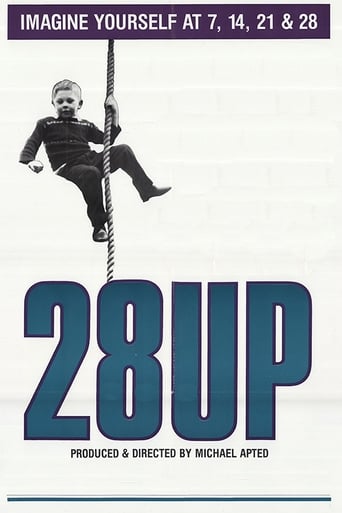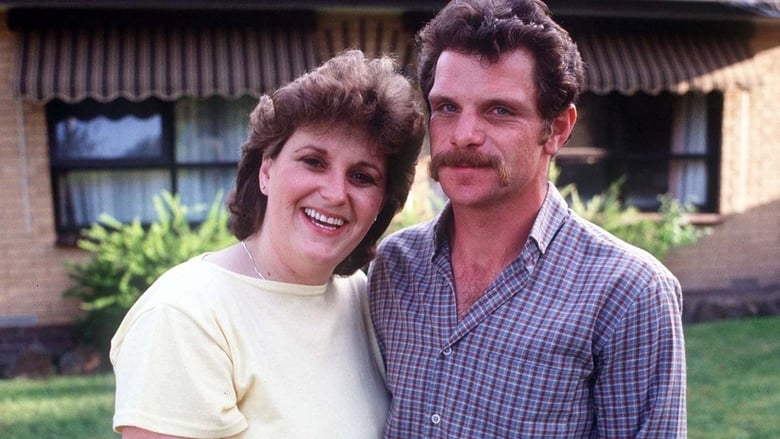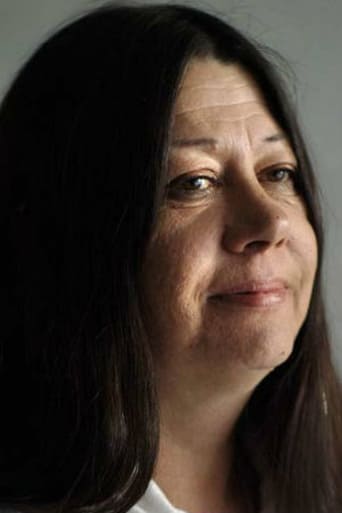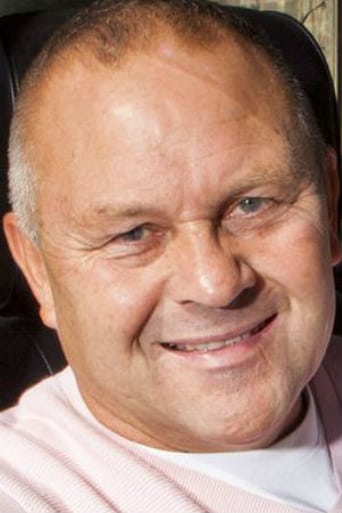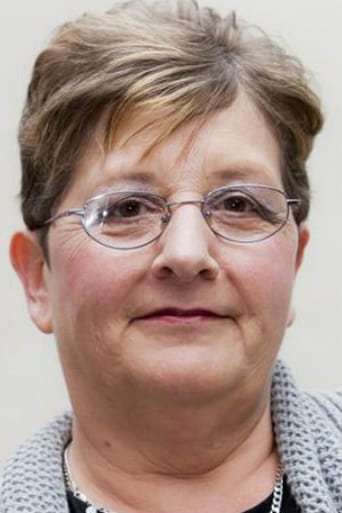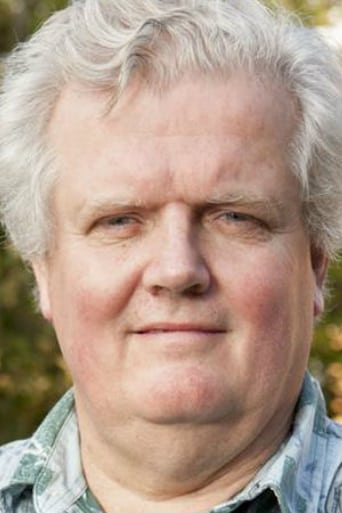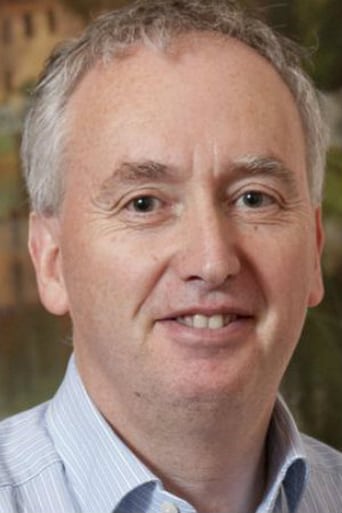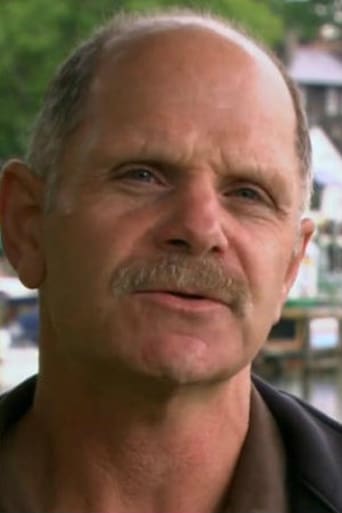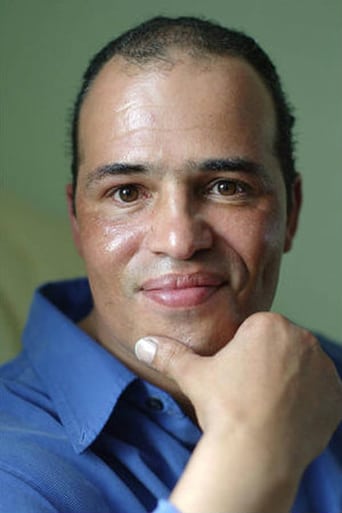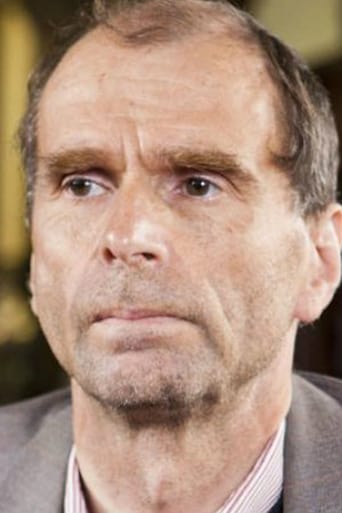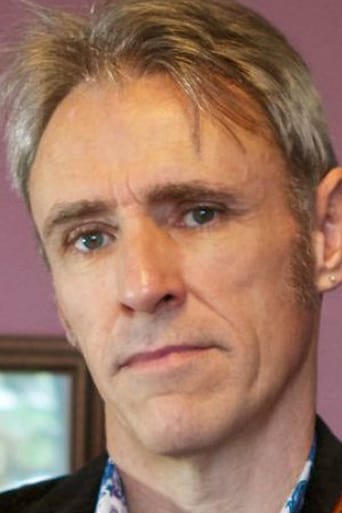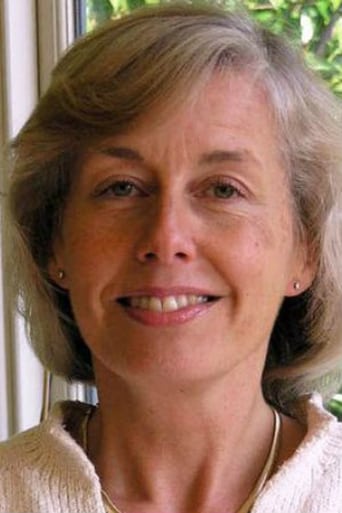Just two years away from turning 30, participants in Michael Apted's documentary series are facing serious questions of identity and purpose, wondering whether they've found their place in the world.


Similar titles
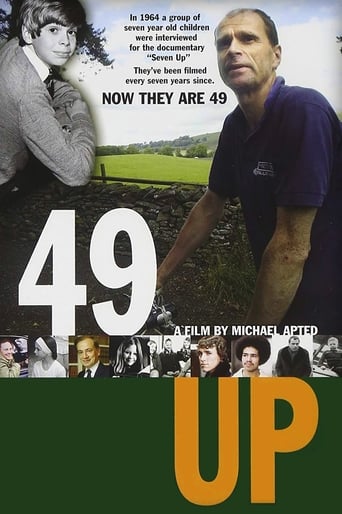
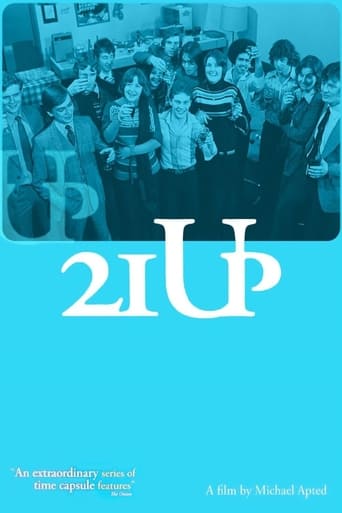
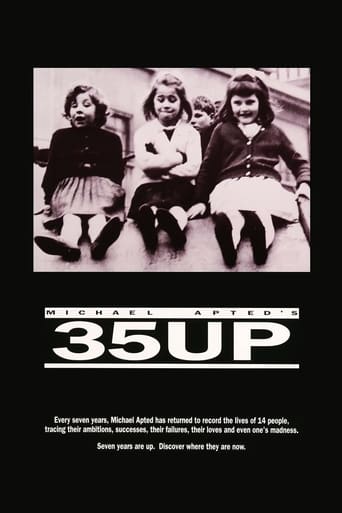
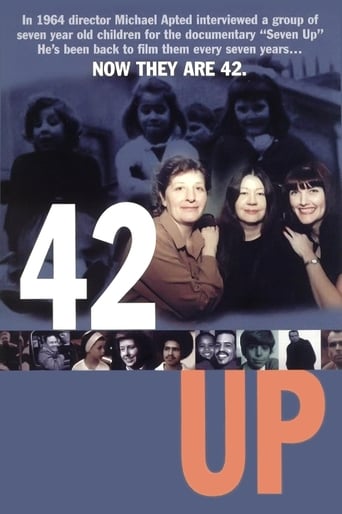
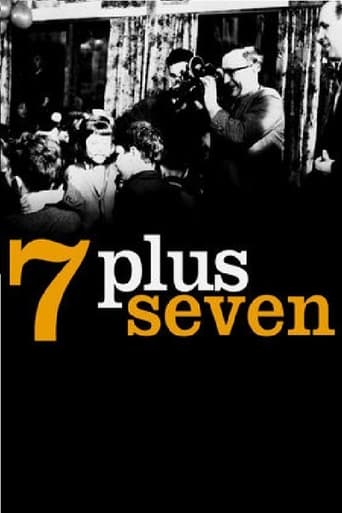
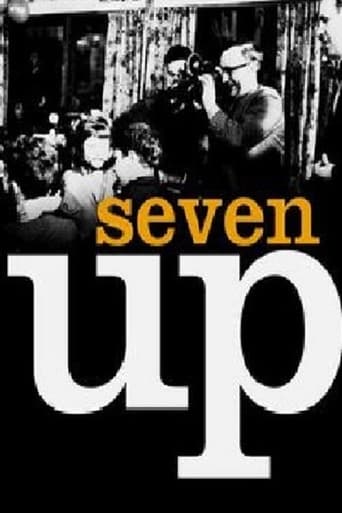
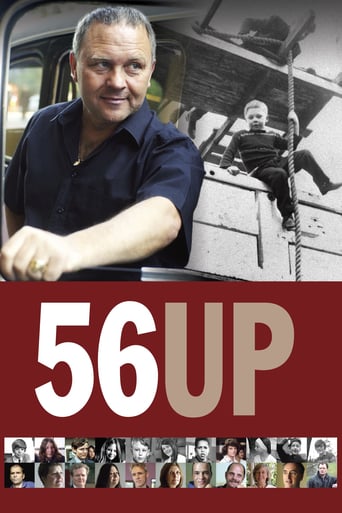
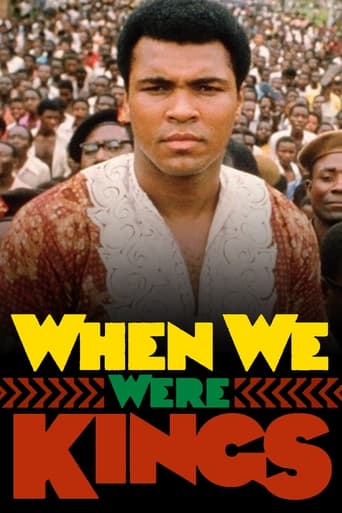
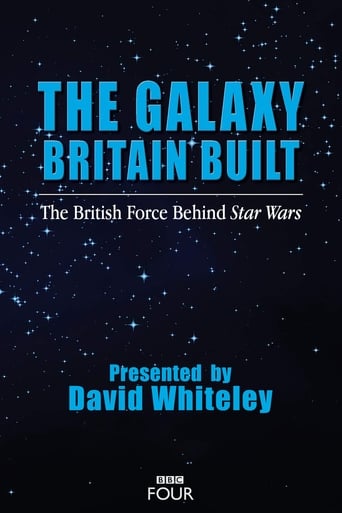
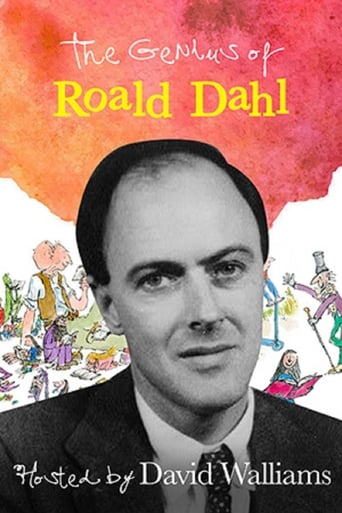
Reviews
I can't stop being amazed at how riveting these "Up" documentaries are. Once again, without any music, dramatization tricks or cinematic effects, only real people talking about life and love, the film can be as captivating as any drama or adventure. It IS an adventure to some degree, with life as a backdrop and adversity as a natural antagonist.And there was an interesting statement made by Neil, perhaps the most troubled and fascinating subject, he said that he envisioned God as an old Testament figure, sometimes "benevolent", sometimes "needlessly unkind", always "unpredictable". I said about Neil that he always seemed to provide overviews proved by the others' experiences. In this case, it is true because basically, you can see how destiny was benevolent to most of the "Up" persons, even some I didn't expect.Many of them had found love and marriage, Tony; the ex-jockey has been driving cabs for all these years and has two children, his happy-go-lucky nature and the many encounters with people from different classes allowed him to broaden his mind and soften his heart. Nicholas is a physician in the USA, Paul started a building trade and raised a family in Australia, after going for a road trip across the Bush with his wife. Not all the marriages look happy though, Peter seems to have a rather 'disillusioned' vision and you can't really feel sparkles of love exuding from his wife's words. There's still a lack of contentment.But the real 'miracle' came from Suzie. It's weird but in my previous review, I thought Jackie was going to have a large family and Suzie to be a disenchanted, embittered spinster. But Jackie decided not to have any children (despite an early marriage) and Suzie got married two years after the "21 Up" episode, has two children and is quite happy. Simon is happy too with twice more children, whom he provides a shelter of love and discipline, and perhaps the most valuable thing he always lacked: a parents' presence. And he also kept his job in the meat locker, not the most glamorous occupation, but it makes end meet, he knows everybody and everybody knows him. Why change now?Simon is happy the way he is, and he still doesn't think much about money. According to him, there's nothing that money will buy. Happiness depends on the goals you've set. It's even harder to disagree with him since 28 seems to be the age where everyone has found the meaning to their lives or roots for stability. Sue said that a marriage shouldn't be too early because once you get married, you stop being yourself and start to reason in terms of partnership. But some found their real balance in marriage, and some, like Neil, have hard times even co-existing with themselves. Neil is totally disenchanted and have definitely abandoned any attempt at stability or suburban comfort. His case proves that happiness isn't a matter of grammar or comprehensive school, of being rich or poor, it really depends on your personal goals and the way you grasp from the start who you really are. Sometimes, you've got to know who you are to know what you need, and maybe the real tragedy is not to able to know who you are. This is perhaps the existential dilemma revealed by the film, and that makes it, so far, the most pivotal.Indeed, how can we know exactly who we are. Looking at these kids at the age of 7, or 14, we become like sorcerer's apprentices, trying to establish patterns "this one will struggle", "this one will be happy", But life is unpredictable or for most people. Two of the posh kids didn't want to take part of the interviews, John and Charles. No commentator was surprised a bit by John, Charles was far more interesting fellow, but from the start, John was so overly confident, he knew his future school, job and everything went exactly as planned, he declined to be interviewed at 28, stating that he was fully satisfied and doesn't have much more to say. The boy always seemed so precocious, ahead of time and maybe that's how he ended up succeeding in every project. But for some reason, I wish I would still see him at 35 and check if anything happened to vacillate the edifice of his self-confidence. I doubt he'd live all his life in autopilot mode. But that's how it works, some things we see coming, some surprise us in a pleasant, others in an unpleasant way. And I found myself trying to figure out what will happen to these persons at 35.I keep in mind that they are from my parents' generation, and when I was born, most adults I knew were married with children, no one really questioned his existence, the way we millennials (or some Gen X-ers) did. Watching this, I realized that at the age of 28, although I was longing for professional stability, I also had many dreams about becoming a filmmaker and screenwriter and collected dates before I would find the 'right' one. Seven years after, I realize that I had all it took to be happy butwas too blinded to realize it.And the "Up" series gives you an idea of the belated blinding effects, from little details of your past. You can spot some early hints; the way some kids are overly protected, the lack of love that can work as both a driver or an obstacle. I'm not in a situation I dreamed to be when I was 7, 14 or 21 but I'm still the same guy and whatever actions lead me to that situation were driven by interpretations of life gathered from my past experiences. So how did I end up that way?In fact, that could be the central question of the documentary, like an existential reading of "what happened?"
"Give me the child until he is seven, and I will give you the man." So goes the old proverb, and the proof is in this fascinating documentary, the fourth chapter in an ambitious, ongoing epic of non-fiction filmmaking already two decades in the making at the time.The project began in the middle 1960s as a modest examination of English class divisions in a group of seven-year old children from different social backgrounds, and has been updated every seven years to show their progress through adolescence to young adulthood. Each individual biography resists the pre-determined notions of (specifically English) status and privilege around which the entire cycle of films is based, becoming instead a record of the same, sometimes rocky path to maturity followed by everyone, regardless of upbringing. At age seven every child is carefree and impressionable; at fourteen most are sullen and inhibited, uncomfortable in puberty; at twenty-one they are, by degrees, poised to reach their potential: eager and naive or cynical and confused.And by age 28 their niche in society has been secured, for better or (sadly) for worse. The candid self-analysis, and the range of insight and opinion, makes the film (individually, and as a series) an invaluable document of human growth and development, as well as an irresistible reminder of our own personal destiny.
I originally saw 49Up, which led me to want to see 7Up and 7 plus 7. And I liked 21UP enough to want to see 28UP. And this one, for whatever reason, was a bore. Whether that's a function of what is happening to the people at 28, or a function of Apted's direction and editorial choices, I don't know. All I know is that I was pretty bored within the first 20 minutes of the picture, and at over 2 hours and 15 minutes, I knew I still had a long way to go.Of course Neil is the most compelling of the players, and I got a kick out of Suzi's transformation from 21 to 28! But other than that, I thought it was all pretty boring.I'm sure I'll see 35UP and 42UP to catch up to the series, but after 28UP, I'm much less motivated to do so.
In 28 Up, it seems like the 'the Man' part of the 'Give me a Child' bit that is quoted in every Up movie is starting to take shape, for the men and women. Or, at least, most of them. We see the gradual progression of life start to take shape: careers, over the course of the people's 20's, have been sought out, and they've gotten married and/or had children. Some, in fact, who weren't married before have been changed for the better it would seem by being married (i.e. Jackie), and some aren't living in Britain anymore (one is a physicist living in America with his wife, another has lived in Australia for quite a long time).The series in this 'episode' film centers around the real progress into adulthood, and how the interviewees now feel about how their lives, loves, careers have progressed. A given topic that comes up is how they think they've changed since being in the first film at seven, and the consensus, a strong one presented, is that a person is at least, potentially, there at the age, but needs to grow (like a seed). It's fascinating too to see how the children in groups have progressed about as expected, or with some relativity. For example the three boys, now adults, sitting in the same line (albeit one of them declined to be interviewed, ironic since he works for the BBC in 1985), one of whom a prissy, upper class citizen, and another not so much, based on hair-length perhaps.In general 28 Up seems to view the subjects as they would be naturally by this point as adults, and some, like the bricklayer, revealed how they might turn out when let loose in the 'playground' at age seven, some building a house and some, well, not (another fascinating subject like this is the former jockey turned cab driver). And yet a good deal of these subjects, at least for the moment of 28, look set for their life, either with a current wife or kids or a steady income at something they've worked for... which brings us to Neil. He's the one who, at 28, has no current prospects, who was happy as a child but now is disillusioned to the fact that he doesn't have a career or much of a life, but in a way is fine with that (he applied to Oxford, but didn't get in). He's the stark, fascinating contrast that gives 28 Up a great sense of depth. The class system in Britain, or just in how it sets up these kids, is revealed in the highs, mediums and lows of living, and Neil is certainly a low, but not feeling bad about it (at the least, he says, he can eat now, unlike some years before).
